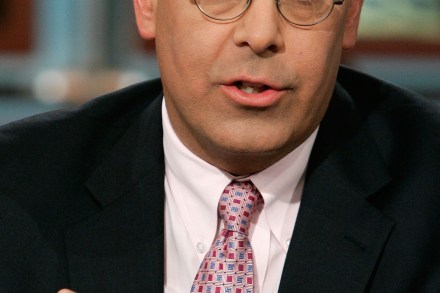How close did we come to another war in the Middle East?
The more that emerges about the Israeli air strike on Syria the more mysterious the whole thing becomes. The Washington Post reports today that the US corroborated an Israeli intelligence assessment that North Korean personnel were present in Syria before the strike; suggesting that the US effectively signed off on the strike despite the risk that it could have sparked an all out regional war just as Washington is desperately trying to damp things down so that it can make some progress on stabilizing Iraq and sanctioning Iran. But there is still no real read on precisely what the Israelis were bombing or how far along the Syrians were in









